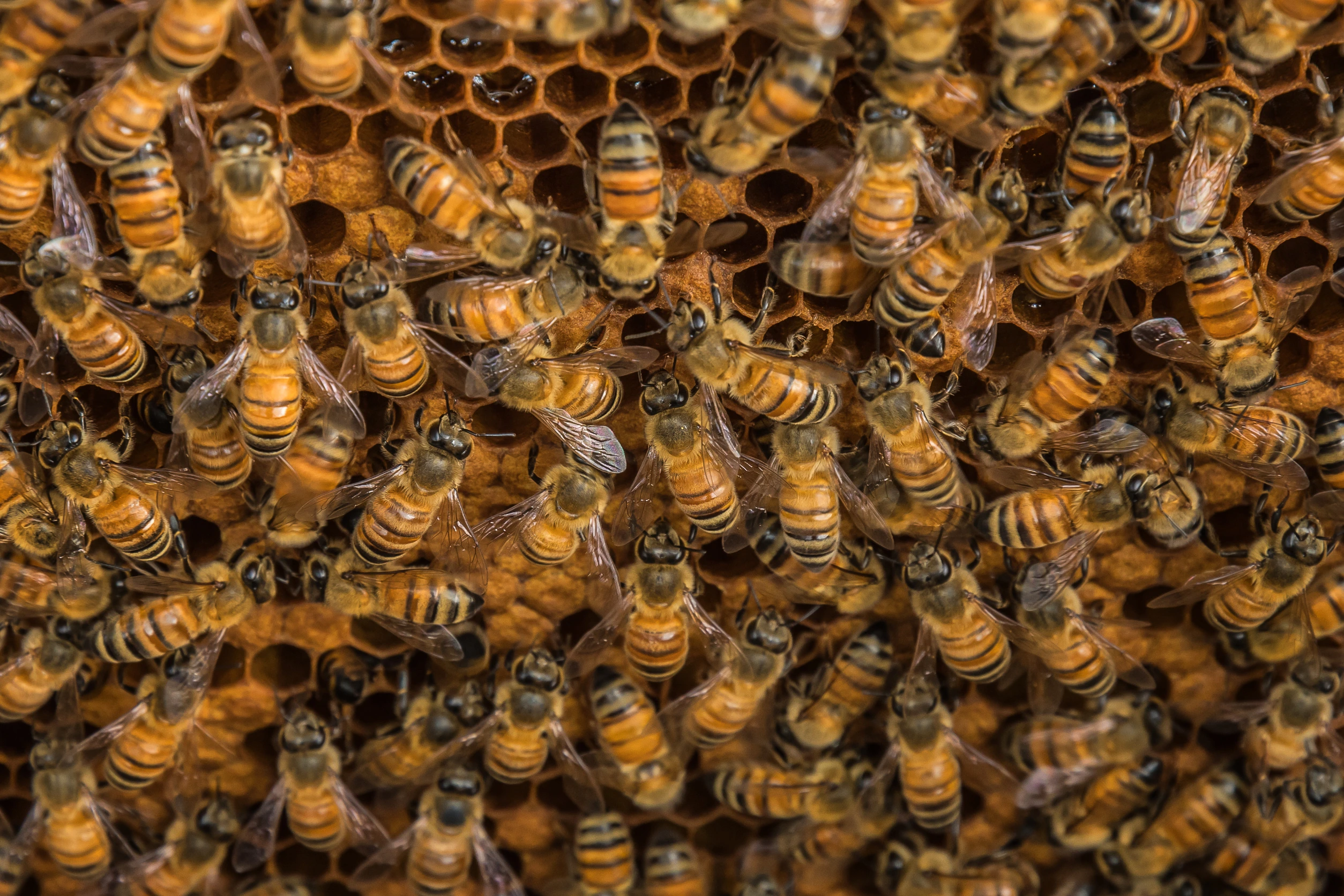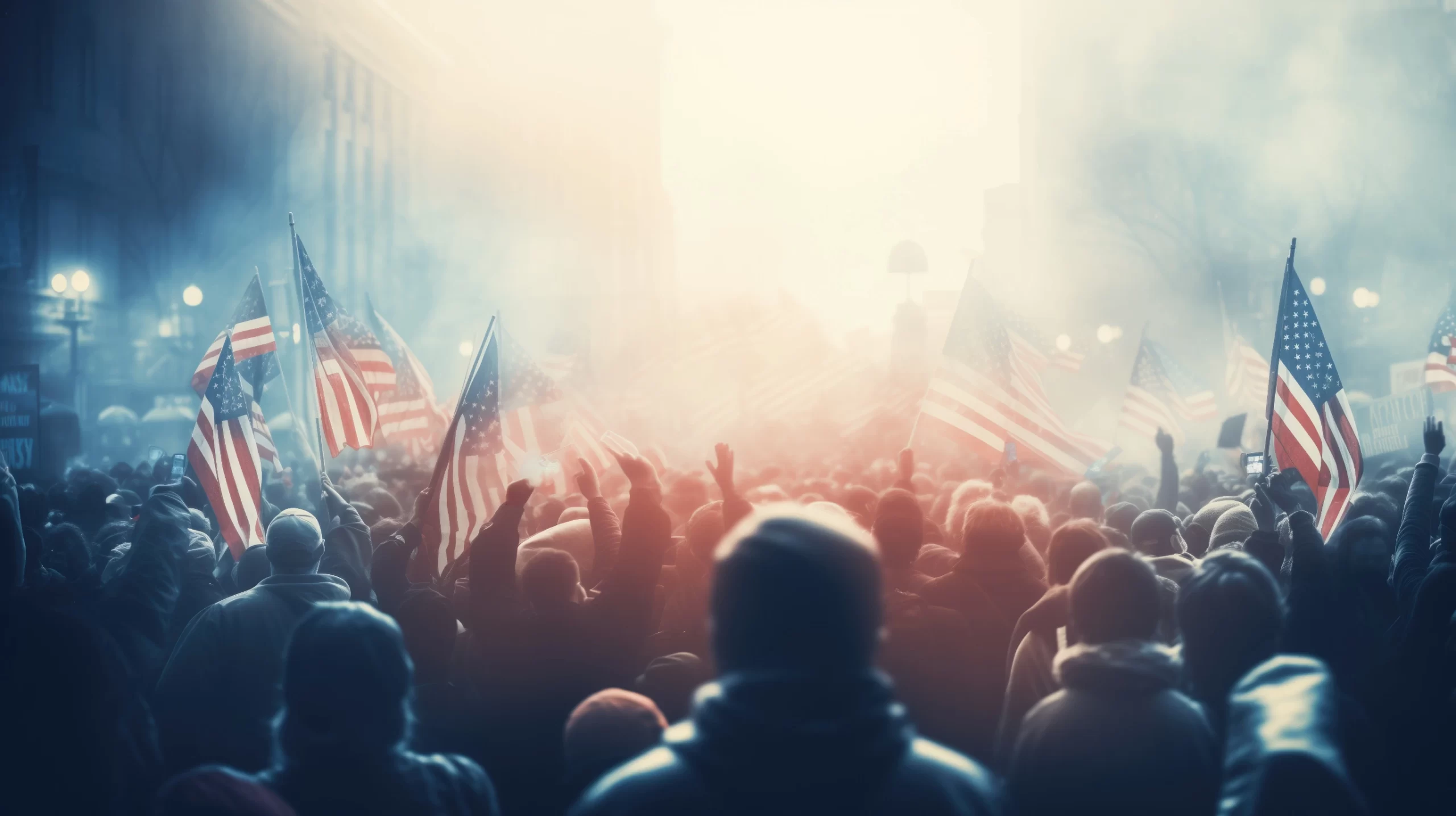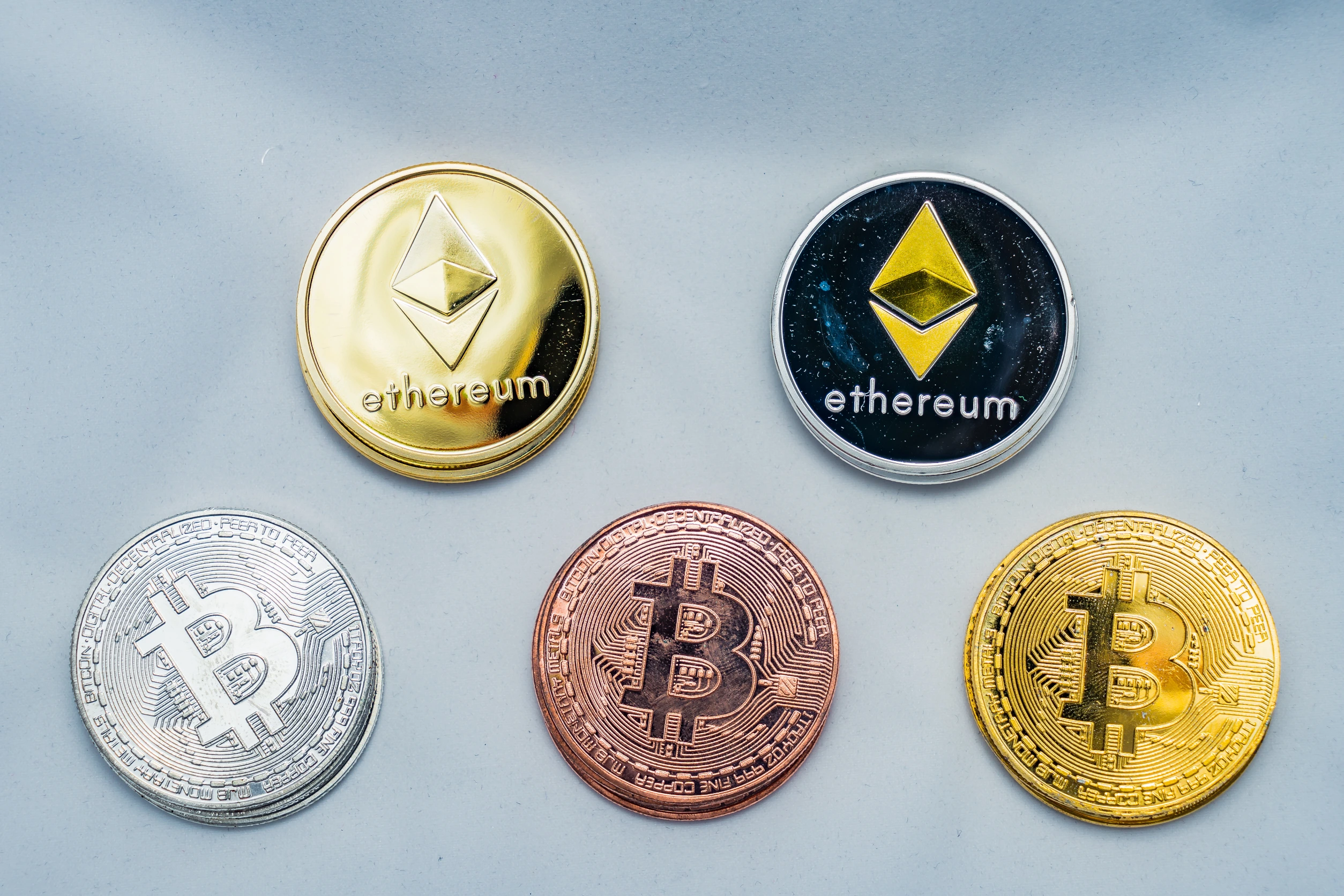
We live in a world where many people feel lonely unless they belong to a group or community. For this reason and the world of social media, the term ‘cult’ has expanded beyond its traditional boundaries. Let’s delve into the world of 11 modern groups or communities that, due to their intense loyalty and charismatic leadership, might share similarities with cult-like phenomena.
1. FAANG Companies: The Corporate Cult

Employees of FAANG companies often display a cult-like dedication, blurring the lines between personal and professional life. This deep integration is fostered by workplace cultures that encourage a ‘work-as-life’ philosophy, often leading to a strong communal bond and a sense of superiority about the company’s mission and values. This environment can create a powerful group identity, echoing the total devotion found in more traditional cults.
2. Peloton: The Fitness Fervor

Peloton’s community showcases a passion that goes beyond normal brand loyalty, creating a close-knit group that shares workouts, celebrates milestones, and often forms real-life connections. This intense bonding over fitness routines and shared goals fosters a community that not only works out together but also supports each other in a manner reminiscent of more zealous group formations. The devotion to Peloton instructors, who often become celebrity-like figures within the community, further mirrors the charismatic leadership seen in cults.
3. The Beyhive: Beyoncé’s Loyal Followers

The Beyhive, known for their unwavering support for Beyoncé, often mobilizes quickly on social media to celebrate her successes or defend her against criticism. This group’s coordinated efforts and deep emotional investment in the success and well-being of Beyoncé resemble the dynamics seen in traditional cult followings. The Beyhive’s ability to influence social media trends and public opinion demonstrates the powerful impact of their collective action.
4. Political Party Diehards

Hardcore supporters of political parties often display an almost religious fervor for their chosen ideologies. Their unwavering commitment can lead to a reluctance to engage with opposing viewpoints, creating an echo chamber effect. This kind of blind allegiance can be particularly evident during election cycles, where the intensity of support often reaches its peak.
5. Apple Enthusiasts: The Tech Devotees
![]()
Apple enthusiasts, often deeply invested in the brand’s ecosystem, frequently advocate for Apple’s products and innovations with a zeal comparable to religious converts. Their sense of community is strengthened by exclusive events like Apple keynotes and product launches, which are celebrated as major events within the community. This level of devotion goes beyond consumer preference, reflecting a deep-seated belief in the brand’s philosophy.
6. Cryptocurrency Evangelists

Cryptocurrency supporters often exhibit a deep conviction in the transformative potential of digital currencies. This belief system sometimes leads to an ‘us versus them’ mentality, particularly against traditional financial institutions. The community’s language and rituals, including terms like ‘HODL,’ foster a unique subculture within the broader financial world.
7. Followers of Eckhart Tolle

Eckhart Tolle’s followers often integrate his teachings into their daily lives, viewing his guidance as a path to higher consciousness and enlightenment. This intense devotion can sometimes lead to an uncritical acceptance of his ideas, with group discussions and gatherings reinforcing their shared beliefs. Tolle’s approach to mindfulness and spirituality attracts a diverse audience, further expanding his influence.
9. The Marvel Cinematic Universe Fans

Fans of the MCU share a deep emotional investment in its characters and storylines, often engaging in detailed analysis and speculation about future directions. This intense involvement creates a shared language and culture among fans, with conventions and fan gatherings serving as important communal events. The shared anticipation for new releases and collective mourning of character losses exemplify the emotional bond within this community.
10. Elite University Alumni Networks

Alumni from elite universities often maintain lifelong connections, viewing their alma mater as a key part of their identity. These networks can influence career opportunities and social connections, reinforcing the exclusivity and prestige associated with these institutions. The strong loyalty to their educational institutions can mirror the communal bonds and shared identity seen in more traditional cults.
11. Instagram Influencers’ Followers

Followers of Instagram influencers often emulate their lifestyles, making purchasing decisions based on their recommendations. This deep influence extends beyond consumer behavior, affecting followers’ perceptions of beauty, success, and lifestyle. The personal connection followers feel with influencers, often fueled by the intimate glimpse into their lives, creates a powerful bond akin to the loyalty seen in cult-like groups.
Be Aware of Influences

While these groups are not cults in the traditional sense, the dynamics within them share certain similarities. Being aware of these influences can help ensure that your involvement in any community remains positive and healthy.
Examine your participation in these communities. Are you engaging in a way that enriches your life while maintaining your individuality and critical thinking? Stay mindful of the impact these groups can have on your personal and social identity.
Tamila McDonald is a U.S. Army veteran with 20 years of service, including five years as a military financial advisor. After retiring from the Army, she spent eight years as an AFCPE-certified personal financial advisor for wounded warriors and their families. Now she writes about personal finance and benefits programs for numerous financial websites.

Leave a Reply